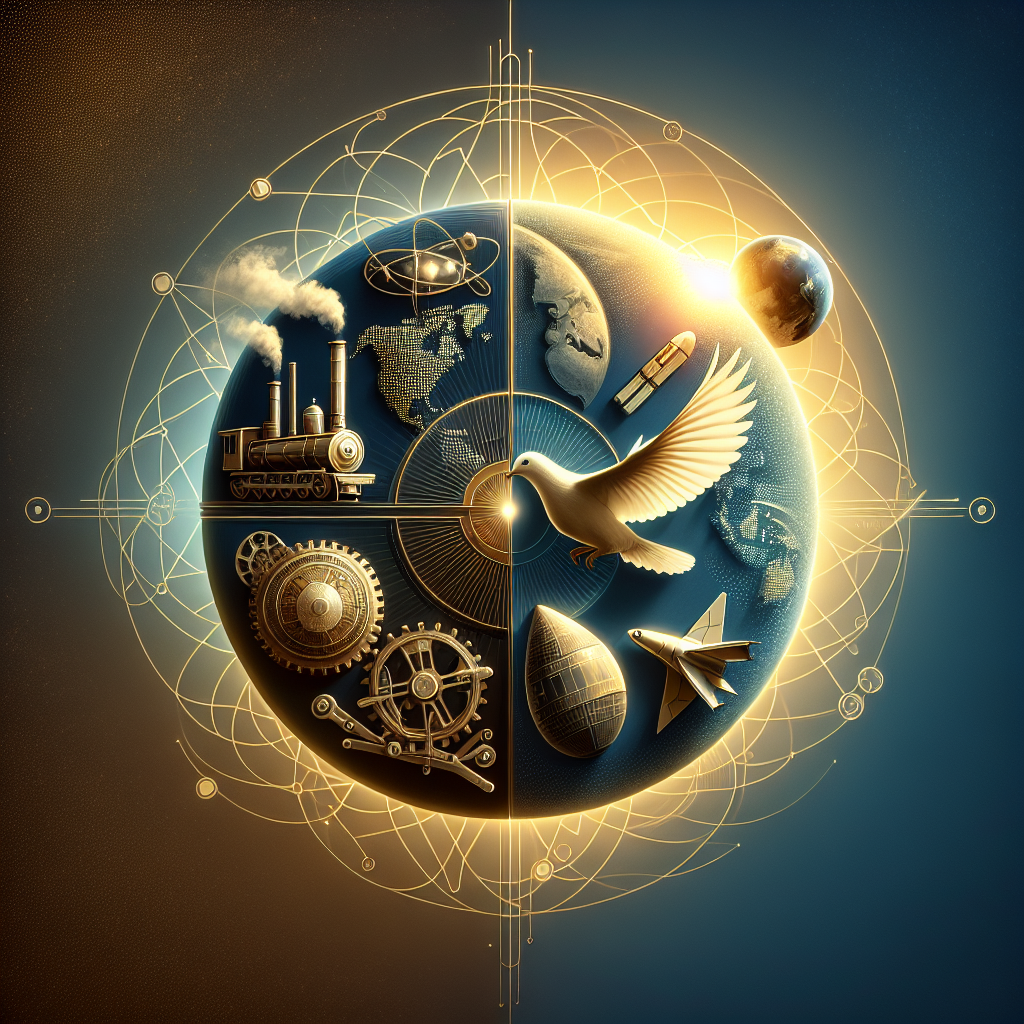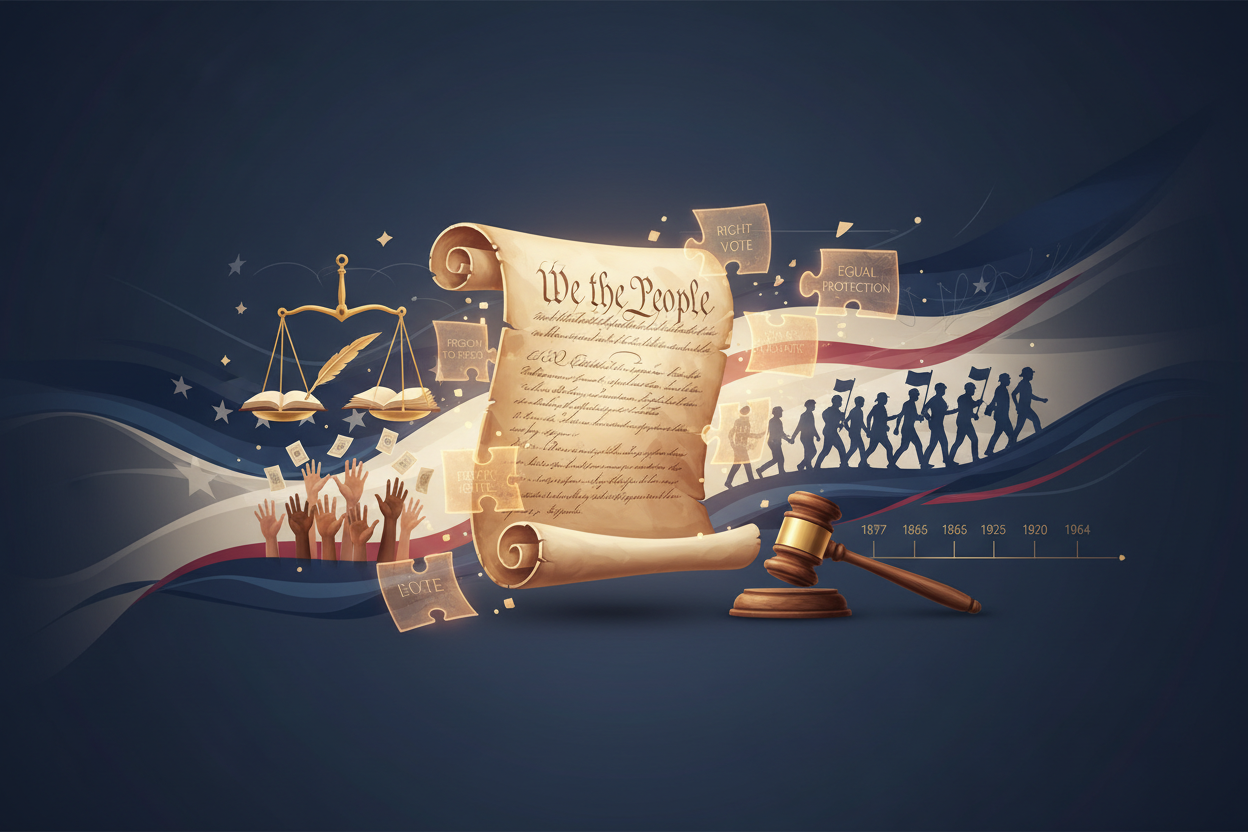Historical Events that Shaped the Modern World
The world as we know it has been molded by a series of pivotal historical events. These moments have not only defined eras but have also set the course for future generations. From revolutions to technological breakthroughs, understanding these key events helps us appreciate the complexities of our present-day society. Let’s take a journey through some of the most significant historical events that have shaped the modern world.
The Industrial Revolution: A New Era of Innovation
The Industrial Revolution, spanning from the late 18th to the 19th century, was a period of profound change. It marked the transition from agrarian societies to industrial powerhouses. With the introduction of machinery and factory systems, production processes became more efficient, leading to massive economic growth.

The impact of the Industrial Revolution is seen in the urbanization of cities, the rise of a new working class, and the proliferation of innovations such as the steam engine and the spinning jenny. These advancements laid the foundation for the modern technological landscape, influencing everything from manufacturing to transportation.
The French Revolution: The Birth of Modern Democracy
The French Revolution, beginning in 1789, was a catalyst for democratic ideals worldwide. Fueled by Enlightenment principles, it challenged the long-standing feudal and monarchical systems. The revolutionaries sought liberty, equality, and fraternity, ideals that resonate even today.
The fall of the Bastille, the Reign of Terror, and the rise of Napoleon Bonaparte are just a few of the dramatic events that highlighted this tumultuous period. The French Revolution inspired numerous other movements across the globe, advocating for the rights of the common people and the principles of democracy.
World Wars: Redefining Global Politics
The 20th century was marked by two devastating World Wars that reshaped global politics and alliances. World War I, often referred to as The Great War, altered geopolitical boundaries and sowed the seeds for future conflicts. It was followed by World War II, which further redefined power structures and introduced the world to the horrors of nuclear warfare.
The aftermath of these wars led to the creation of the United Nations, aimed at fostering international cooperation and preventing future conflicts. These wars highlighted the importance of diplomacy and peacekeeping in maintaining global stability, lessons that remain pertinent in today’s international relations.
The Cold War: A Battle of Ideologies
The Cold War, spanning from the late 1940s to the early 1990s, was a period of intense geopolitical tension between the United States and the Soviet Union. This era was characterized by a fierce rivalry between capitalism and communism, leading to an arms race and space race.
While the Cold War never escalated into direct military conflict between the two superpowers, it influenced numerous proxy wars around the globe. The eventual dissolution of the Soviet Union marked the end of this ideological battle, leading to a unipolar world dominated by the United States.
The Digital Revolution: Transforming Communication and Connectivity
In recent decades, the Digital Revolution has transformed how we live, work, and communicate. The advent of the internet, personal computers, and smartphones has created a hyper-connected world where information is at our fingertips.
This revolution has not only changed consumer habits and business models but has also democratized information and given rise to social media platforms that influence public opinion and politics. The Digital Revolution continues to evolve, shaping our lives in ways we are only beginning to understand.
Conclusion
These historical events, among others, have indelibly shaped the modern world. They serve as reminders of humanity’s capacity for both innovation and conflict, progress and regression. By studying these pivotal moments, we gain insight into the forces that have crafted our present and can better navigate the future.
FAQs
Q: What was the most significant impact of the Industrial Revolution?
A: The Industrial Revolution significantly boosted economic growth and urbanization while laying the groundwork for modern technological advancements in various industries.
Q: How did the French Revolution influence other countries?
A: The French Revolution inspired numerous global movements advocating for democracy and the rights of the common people, challenging traditional power structures.
Q: What were the main consequences of the World Wars?
A: The World Wars redrew geopolitical boundaries and highlighted the necessity for international cooperation, leading to the establishment of organizations like the United Nations.
Q: How has the Digital Revolution affected our daily lives?
A: The Digital Revolution has transformed communication, commerce, and access to information, creating a globally connected society with unprecedented opportunities and challenges.





Leave a Reply
You must be logged in to post a comment.